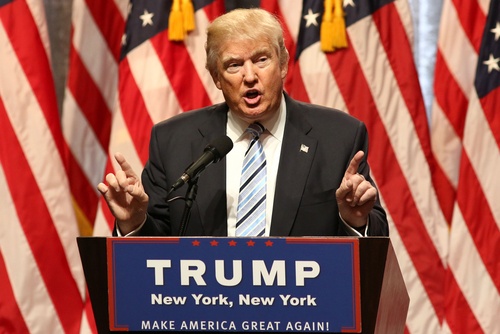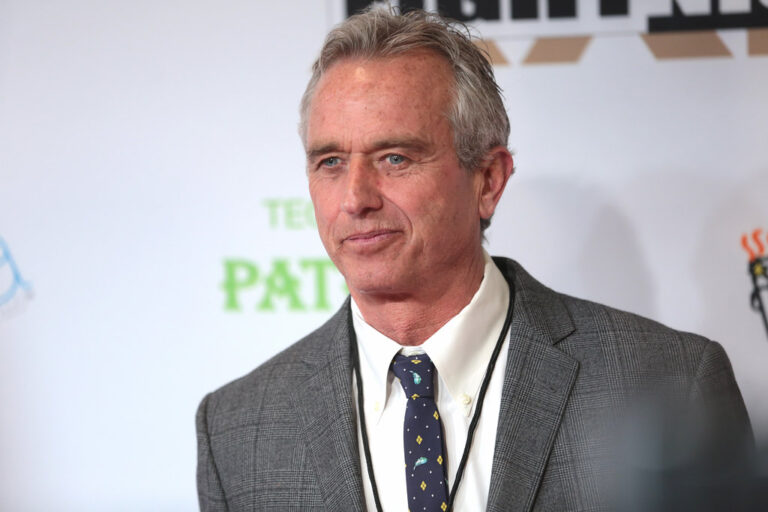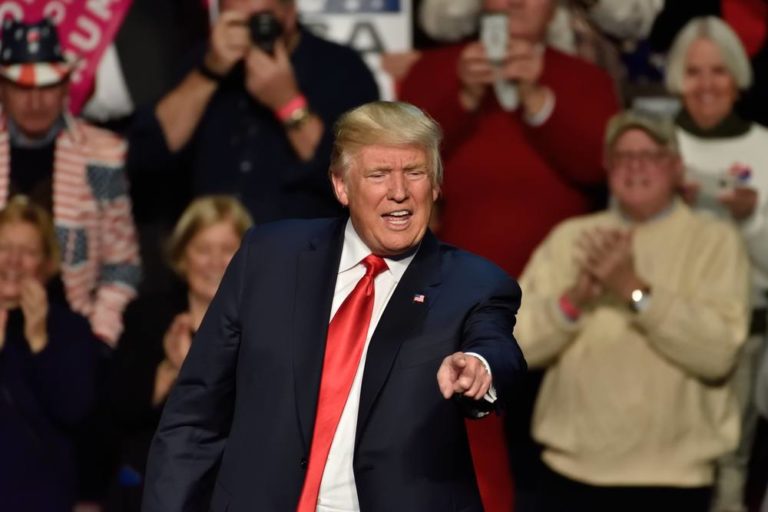Key Takeaways
- Trump wins legal battle to control National Guard in California.
- Concerns grow over National Guard deployment in NYC and other cities.
- Experts warn of potential violence and political backlash.
Trump’s National Guard Plan Sparks Fears of Violence in NYC
The country is buzzing after a recent MSNBC discussion where experts warned about the risks of deploying the National Guard in New York City. This comes after Trump’s legal victory in California, which allows him to keep control of the National Guard there.
What Happened in California?
A recent court decision gave Trump the authority to control the National Guard in California. This means he can decide how and where they are used in the state. The discussion on MSNBC focused on what this decision could mean for other cities, especially New York City.
Will Trump Send the National Guard to NYC?
Sam Stein, a regular on the MSNBC show Morning Joe, raised concerns during the discussion. He mentioned that Trump’s administration has openly hinted at sending the National Guard to cities like New York, Chicago, and other Democratic-controlled areas.
Elizabeth Buhmiller, a journalist from The New York Times, weighed in on the issue. She said, “If Trump sends the National Guard to New York City, it will likely cause massive anger and possibly even violence.”
Why Are People Worried?
Buhmiller explained that sending the National Guard to NYC could escalate tensions. She believes it could lead to more unrest and violence, especially in an already tense political climate.
Stein pressed her further, asking if this is what Trump wants. Buhmiller agreed that some people think Trump is trying to create chaos across the country. This could, in theory, lead to a declaration of martial law. However, she made it clear that there’s no concrete evidence to suggest that’s happening anytime soon.
How Might This Play Out?
The idea of deploying the National Guard in NYC has sparked fear among Democratic lawmakers and city officials. They believe it could lead to more protests and clashes between residents and law enforcement.
New York City has a history of activism and resistance, so deploying troops there could be explosive. Local leaders are already preparing for the worst, urging calm but expressing concern about the potential consequences.
What’s Next?
For now, Trump has the legal go-ahead to control the National Guard in California. But if he tries to expand this to other cities, like NYC, it could lead to a national crisis.
As the situation unfolds, many are asking: What does Trump really want? Is this a genuine effort to maintain order, or is it a political move to gain power?
Only time will tell, but one thing is clear—deploying the National Guard in cities like NYC could have serious and far-reaching consequences. Stay tuned for more updates as this story continues to develop.









